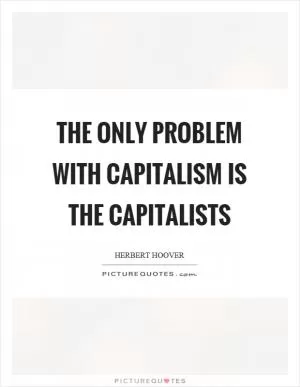About the time we think we can make ends meet, somebody moves the ends

About the time we think we can make ends meet, somebody moves the ends
Herbert Hoover, the 31st President of the United States, is often associated with the quote, “About the time we think we can make ends meet, somebody moves the ends.” This quote perfectly encapsulates the challenges Hoover faced during his presidency, as well as his overall approach to governance.Hoover took office in 1929, just months before the stock market crash that led to the Great Depression. The economic downturn that followed was unprecedented in its severity, and Hoover found himself grappling with a crisis of monumental proportions. As businesses closed, unemployment soared, and families struggled to make ends meet, Hoover faced mounting pressure to find solutions to the nation’s economic woes.
Despite his best efforts, Hoover’s policies were largely ineffective in stemming the tide of the Great Depression. His belief in limited government intervention and his faith in the ability of private enterprise to solve economic problems left him ill-equipped to address the scale of the crisis. As a result, the ends of economic stability seemed to constantly move further out of reach, no matter how hard Hoover tried to grasp them.
The quote, “About the time we think we can make ends meet, somebody moves the ends,” reflects Hoover’s frustration with the ever-changing nature of the economic landscape during his presidency. Just when it seemed like progress was being made, new challenges would arise, pushing the goal of economic stability further away.
Hoover’s struggles during the Great Depression have colored his legacy as a president who was unable to effectively address the needs of the American people during a time of crisis. However, the quote also speaks to the broader challenges of governance and leadership in the face of uncertainty and adversity. It serves as a reminder that the best-laid plans can be upended by unforeseen circumstances, and that the ends we strive for may always be just out of reach.












 Friendship Quotes
Friendship Quotes Love Quotes
Love Quotes Life Quotes
Life Quotes Funny Quotes
Funny Quotes Motivational Quotes
Motivational Quotes Inspirational Quotes
Inspirational Quotes